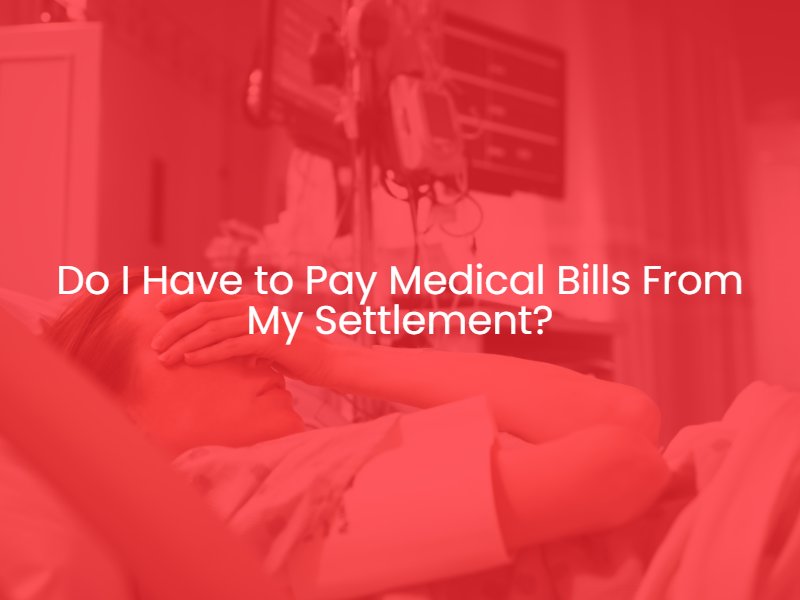
If you received medical care for your injuries after an accident, these bills are your responsibility to pay. This may mean you have to pay for them out of your own pocket, or else out of an injury settlement or judgment award. Exactly how much you have to pay back, as well as how you will pay, depends on your individual case. Consult with a personal injury lawyer in San Antonio for more information about paying for your medical bills.

How Do Medical Bills Get Paid?
In the immediate aftermath of an accident, you may need to go to a hospital for emergency medical care. The hospital will not make you pay upfront; it will render the medical care that you need and bill you later. Eventually, you will need to pay off your medical debt, whether or not this means paying your bill out of pocket.
Four of the most common ways medical bills get paid after a personal injury accident are:
- Your health insurance. The initial payment may come from your health insurance provider if you are insured. This includes Medicare and Medicaid insurance. If your health insurer pays your medical bills in advance of you receiving a settlement, you will have to reimburse the health insurer after resolving your case.
- Your auto insurance. If you were injured in a car accident, your own auto insurance company may pay for the initial costs of your medical care. If you are at fault, you would need medical pay or personal injury protection insurance for first-party insurance coverage.
- Insurance subrogation (if you weren’t at fault). If you were not at fault for the accident but your own auto insurance provider paid for your medical care upfront anyway, your insurer can pursue reimbursement from the at-fault party’s insurer through a process called insurance subrogation.
- A third-party’s insurance carrier. If you were not at fault and your own insurance company does not pay your medical costs, you may qualify for coverage from the other party’s insurer. This may come in the form of a settlement or verdict won from the defendant, which you would then use to pay off your medical debt.
If you were to blame for the accident that injured you in Texas, you may be responsible for your own medical bills with nothing but your health insurance available to help you with expenses. To qualify for coverage, such as from your car insurance company, you would need an optional type of insurance. If you were not at fault, however, a few different options may be available to you.
Can You Negotiate the Cost of Your Medical Bills Down?
If you have outstanding medical bills at the time that you file a personal injury lawsuit in Texas, the hospital or doctor that provided the care may place a medical lien against your settlement or judgment award. A medical lien is a legal claim to a portion of your settlement to pay back what the medical provider spent on your care.
If you have a medical lien, you must repay your medical debts using any settlement or jury verdict won in your personal injury case. In most situations, a medical lien will automatically deduct what you owe in medical expenses from your settlement. Then, you will have to pay for other case expenses and attorney’s fees before keeping any of the remaining settlements for yourself (usually the amount won in pain and suffering).
It may be possible to negotiate the cost of your medical bills or medical lien down with help from an attorney. An attorney can carefully review your medical bills and statements from debt collectors to make sure the hospital is not overcharging you, for example. An experienced personal injury attorney will know how to maximize your personal financial relief even after you pay off anything you owe in medical debt.
